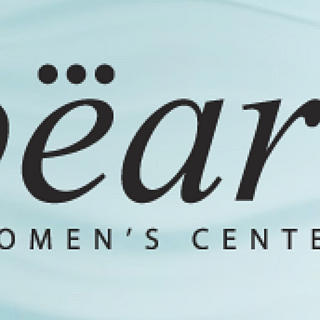Tubal Reversal or IVF?
- Richard Rosenfield
- Oct 1, 2017
- 2 min read

So you have a previous sterilization and want to have another baby. You’ve made the decision to move forward, so which way to go?
Should you have a tubal reversal or have IVF?
It’s a complicated question. IVF is quite successful, but not perfect by any means. For young women, IVF success can be as high as 60% per cycle in the best labs in the country. As women age the success rate goes down. In some cases many cycles of IVF may be required to achieve pregnancy, and sometimes it may not be achieved at all. IVF costs vary, but the pricing can easily exceed $15k-20K per IVF cycle.
Tubal reversal, on the other hand, is relatively inexpensive, at about half the cost of a single IVF cycle.
In the right patients tubal sterilization reversal can be highly successful, with rates of success even better than IVF. Furthermore, one tubal reversal can lead to multiple pregnancies, if that is a woman’s desire.
So is it IVF versus tubal reversal? Nope. Both are great options. They are just great for different groups of people with different goals.
So who is the best candidate for tubal sterilization reversal?
1. Most important, the problem with fertility needs to be that the tubes were surgically interrupted. Tubal reversal repairs fallopian tubes. It does not address other reasons for infertility such as age related ovarian function issues (egg quality), inadequate ovulation, endometriosis, or male factor infertility. Tubal sterilization reversal also cannot reliably repair tubes that were damaged by infection or endometriosis.
2. All things being equal, younger women will have greater success with tubal reversal than older women. And sadly, younger in the fertility world means 40 or less (though we can still have success after 40, just less frequently.) As women start to get older, reversal success starts to fall, and IVF with donor eggs starts to be a better option.
3. A woman who desires more than one new child may prefer tubal reversal, as a successful reversal can lead to multiple natural pregnancies. On the other hand, if you hope to knock that out in one pregnancy with twins, IVF will more likely lead to that!
4. The best tubal reversal candidates had sterilizations performed with methods that left as much healthy tube as possible. Clip sterilizations are the best, resection procedures typically done at cesarean are usually reversible, burn type procedures are variable depending on how much tube was burned, and tubal sterilization via hysteroscopy (Essure / Adiana) are the most difficult to reverse. See our detailed success rate page for more details.
5. Women who have a religious or ethical objection to IVF who also have tubal factor infertility are also obviously great candidates for tubal sterilization reversal.
If you are trying to decide between IVF and tubal sterilization reversal, please give us a call and have us review your case. If you already have an infertility physician, discuss it with him or her as well.
Tubal Reversal Northwest at Pearl Women’s Center is dedicated to providing cutting edge minimally invasive techniques to achieve a successful tubal sterilization reversal in every patient that wants one. If we can be a part of your return to fertility, please call us for a consultation.







Comments